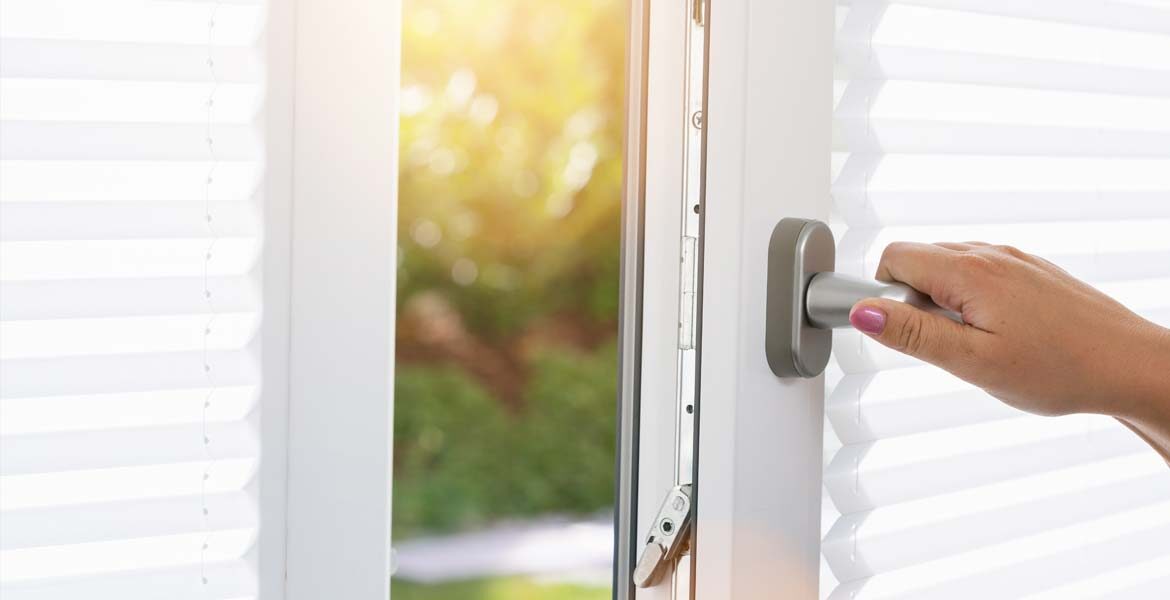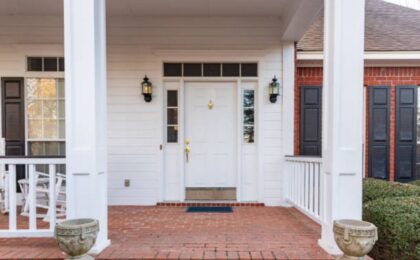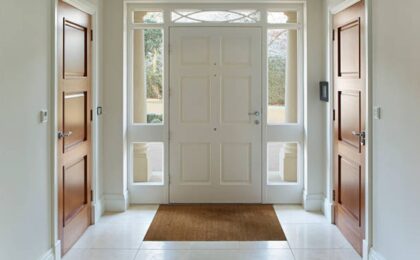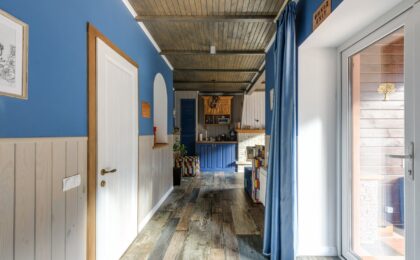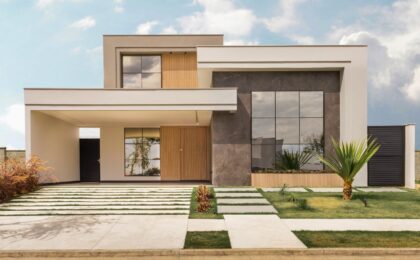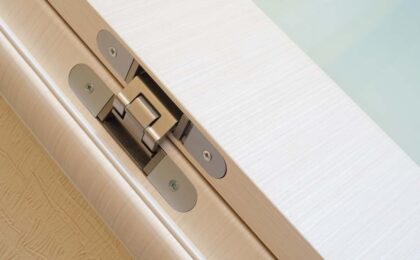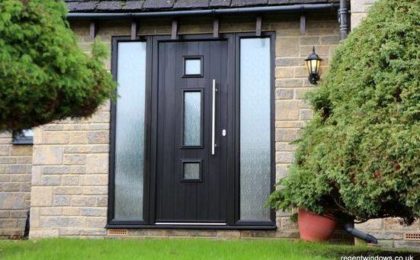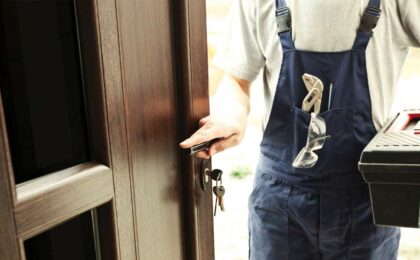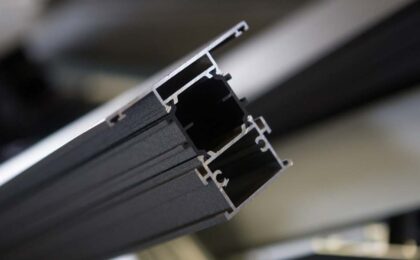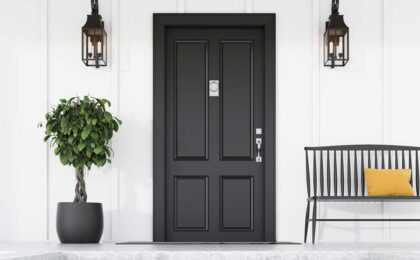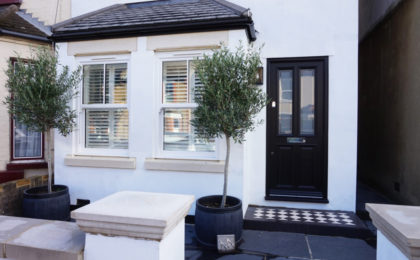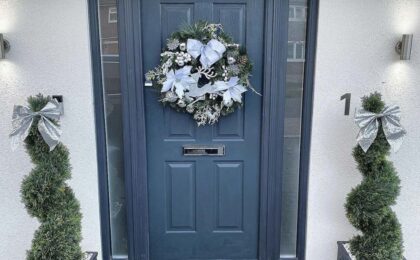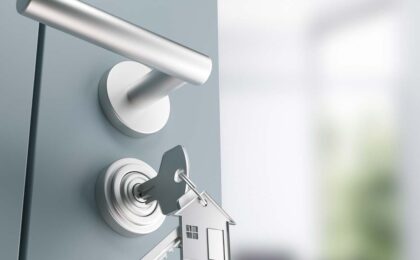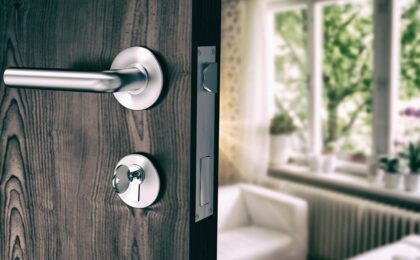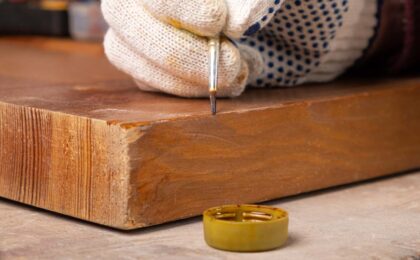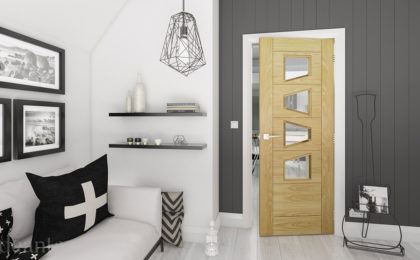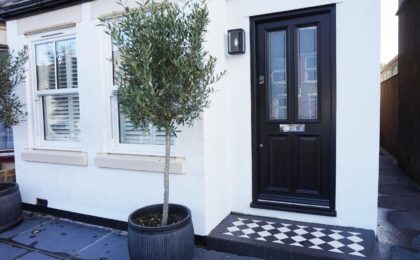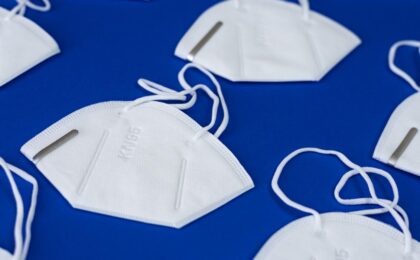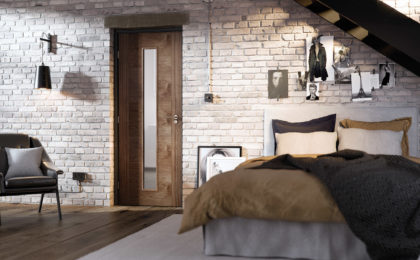Not so long ago, uPVC doors were the most popular option for people living in the UK. One of the main factors that affected their purchasing decision was – the price. However, most homeowners entirely neglect other important factors when installing a new door, such as security or energy efficiency. So, if you have already had uPVC doors installed and realised that you, in fact, need doors that feature some extra qualities, or if you are weighing your options, we will break down the main and actual differences between uPVC and composite doors for you.
Security
Although it’s not like uPVC doors are not secure enough, no type of door can match the level of security composite doors offer. These doors’ frame (that is either steel or glass reinforced) is what makes them extremely secure and intruders-proof. Even if someone would try to break through the glass, they wouldn’t be able to get into your home. The glass would shatter but wouldn’t move even for a millimeter and a thief would stand zero chance against the door.
Energy-Efficiency
uPVC doors feature multiple chambers that prevent heat from escaping your space. However, a polyurethane foam core and the glass-reinforced plastic skin (that composite doors have) can dramatically improve your energy efficiency and insulate your home so that you end up paying lower bills at the end of the month. Lastly, composite doors have a low U-value, which means that they fully meet the highest thermal standards.
Strength and Durability
uPVC doors are, typically, not as tough and durable as composite doors. The reason? Composite doors are made of a multitude of materials that just add to their strength. Also, uPVC doors can last up to 20 years maximum (although it is more common for them to last about 10 years) while composite doors can last anywhere between 35 and 50 years, depending on the manufacturer and how you maintain them.
Style
Yes, you can choose between different uPVC doors colours and styles, however, composite doors offer far more options. uPVC doors typically have a smooth finish, on a rare occasion, it is a natural woodgrain. Composite doors, on the other hand, come in a selection of textures.
For instance, Solidor composite doors give you a wide range of 19 frame styles and 23 colour options. Our door designer makes it easy to design your dream door online and then have it fitted and installed by our professional team.
Price
Obviously, all of these perks composite doors can offer come at a price. uPVC doors are significantly cheaper (40 to 60% on average), and, thus, definitely a better budget fit. Yet, despite the fact that they are significantly more expensive, composite doors offer a greater return on investment if you think long-term.
Summary
Both uPVC and composite doors require very little maintenance and can last for a while but, if you are looking for the best value for your money – composite doors will tick all of the boxes. Afforde Doors is a family-run company and we are also approved Solidor doors fitters and installers. Feel free to contact us anytime if you have any composite door-related questions.
 0208 643 3641
0208 643 3641